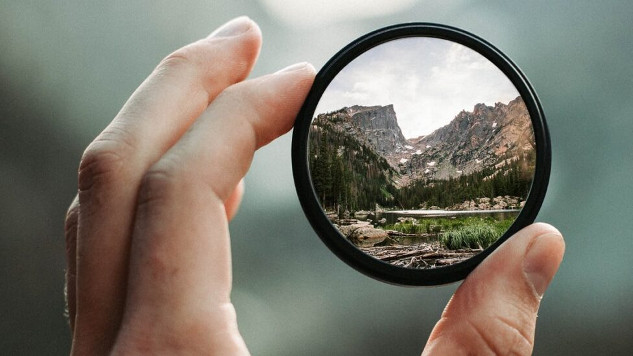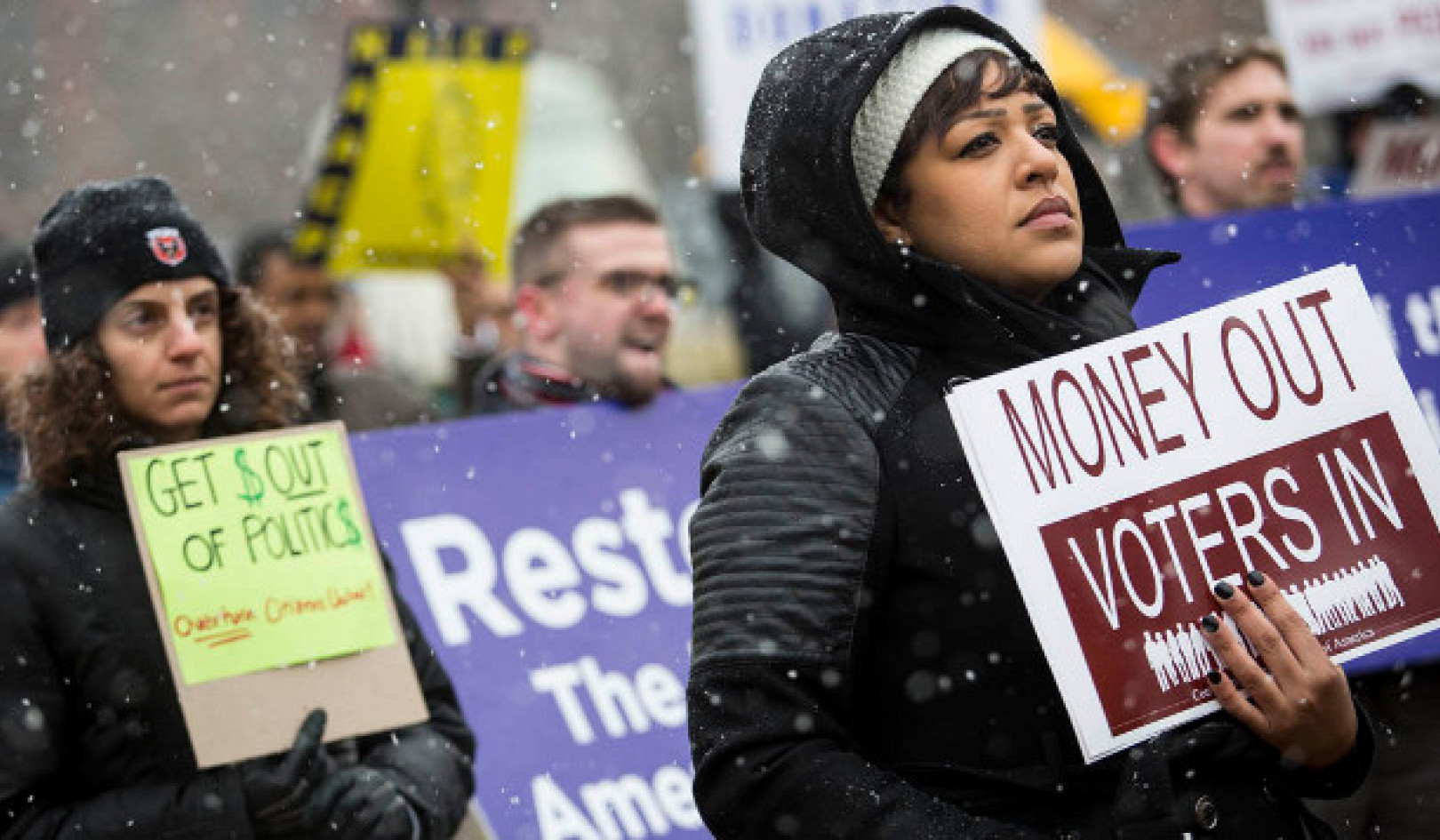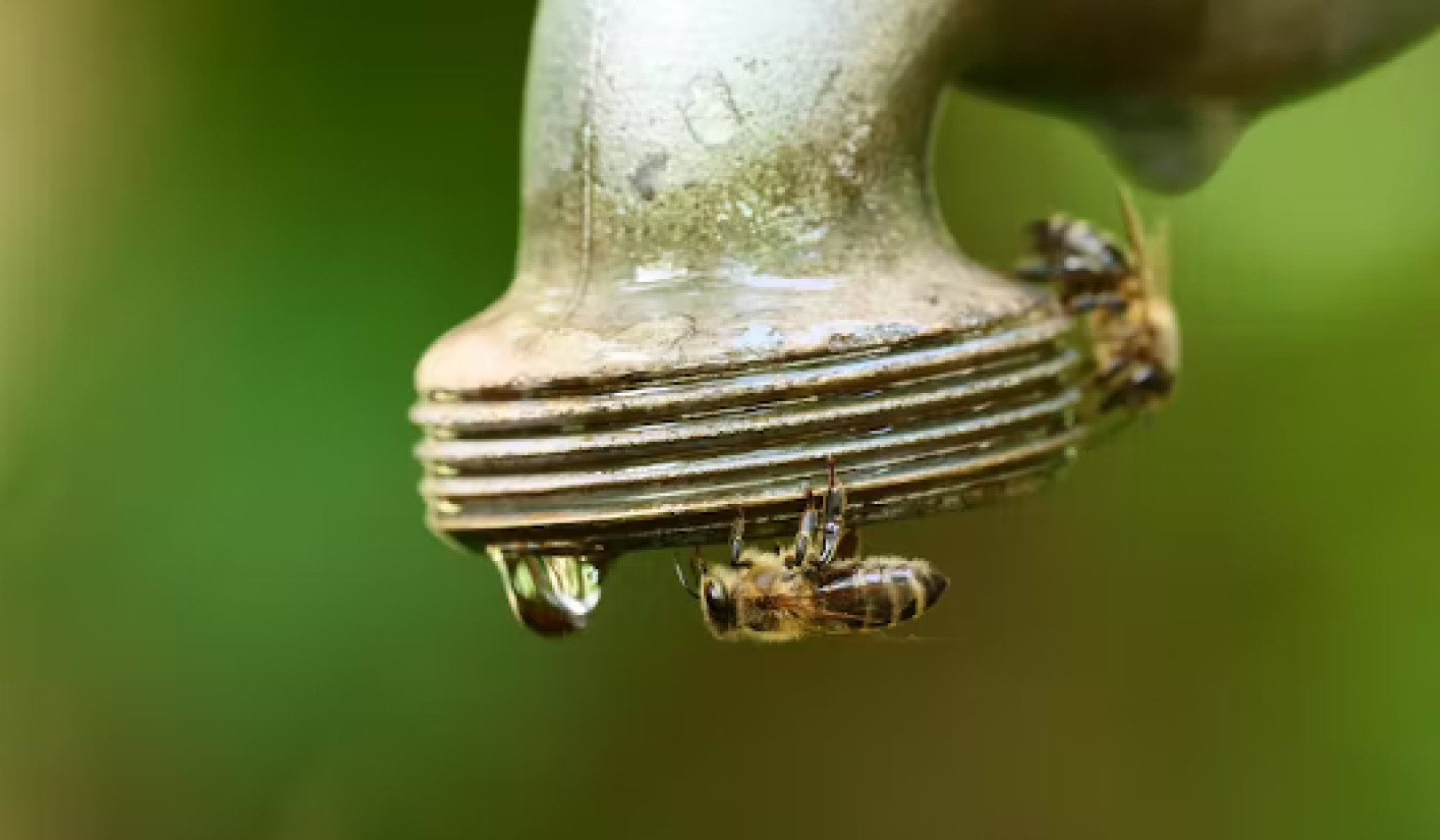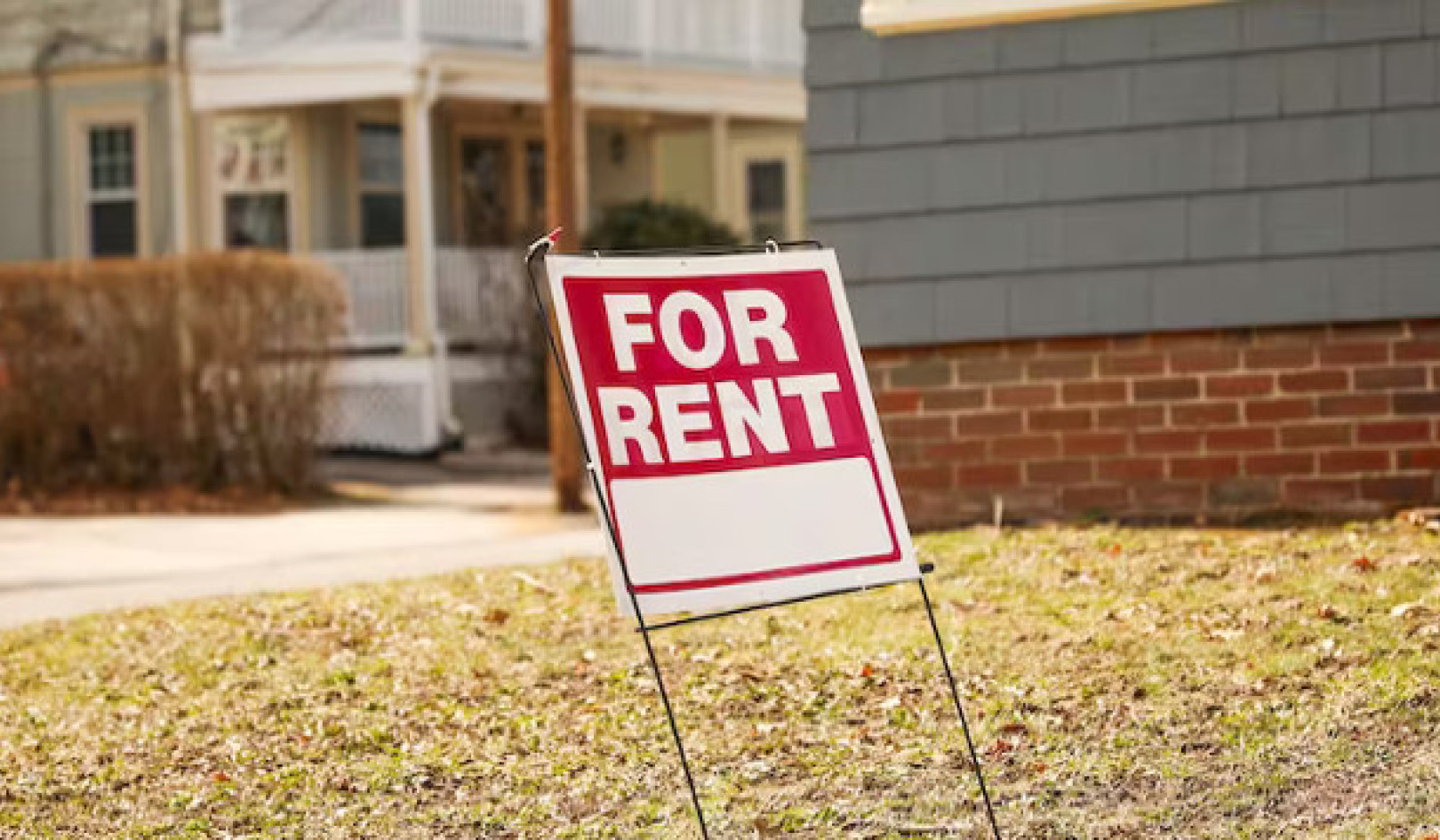
Amidst our busy lives filled with work deadlines, family gatherings, and the latest binge-worthy TV shows, an urgent whisper grows louder each day: the call to action on climate change. It's not just another news item to scroll past on our screens; it's a stark reality presented through a series of gripping videos that invite us to pause and think deeply.
Imagine sitting around a campfire, and each of these videos is like a wise elder telling us cautionary tales. They're not just discussing distant glaciers, abstract temperature charts, or nameless future generations. They're talking about our lives, children, and communities. Whether it's the scorching heat waves that make it hard to breathe or the hush-hush tactics of industries that put profit over the planet, these stories are about our homes, our health, and our collective future.
So, as we absorb these sobering lessons, let's remember: we're not helpless bystanders. We're the heroes who can turn the page and write a new chapter. This isn't just science or politics; it's our shared human journey.
Has The Planet Entered 'The Age Of Global Boiling'?
This first video raises a startling question about the Earth's future by examining rising temperatures' results. It suggests that we may have moved beyond mere warming into an era it provocatively terms "the age of global boiling." This signifies a critical escalation, where the planet is not just getting warmer but is experiencing widespread, intense heat events that are causing destructive and often irreversible changes, such as devastating wildfires, crippling droughts, extreme storms, and flooding.
While global warming was primarily a concern for melting ice caps and sea level rise, the concept of "global boiling" introduces a more immediate and multifaceted threat. The video highlights how this elevated heat level affects ecosystems, human health, and geopolitical stability.
Prolonged heatwaves have led to devastating agricultural losses, pushing regions into food insecurity. Additionally, the incidence of heat-related illnesses and deaths is increasing, disproportionately affecting vulnerable communities. The video discusses how these conditions could exacerbate social and political tensions, leading to conflicts and mass migrations.
Have you ever watched a snowball race down a hill, gaining size and speed, and thought, "Wow, that's getting out of hand quickly?" Picture that as a fireball, and you'll understand this video's urgency. Our climate isn't just gradually warming; it's entering a self-sustaining cycle, like a disagreement escalating into a family feud that spans generations. Each rising degree triggers its chain of events—evaporating lakes, disappearing clouds—that feedback into even more warming. This video isn't just a science lesson; it's like a loudspeaker at a rock concert, trying to make itself heard over the noise, reminding us that we have the power to hit pause on this escalating disaster.
See What Three Degrees Of Global Warming Looks Like
Imagine watching a sci-fi movie where the ocean swallows cities, forests turn into barren lands, and diverse animals become relics of the past. Now realize this isn't fiction; it's a glimpse into our potential future, just three degrees away. This video turns all the abstract numbers and climate jargon we've heard into tangible, heartbreaking visuals. It's as if we're peeking into a science-based crystal ball, showing us a grim future we wouldn't even wish on our worst enemy. It's more than just numbers; it's a reality check for saving the world we cherish.
One of the most impactful segments of the video focuses on the fate of coastal cities and island nations. A 3-degree rise would mean devastating sea-level rises powered by the accelerated melting of polar ice caps and glaciers. Iconic cities like New York, Tokyo, and Sydney could face partial or complete submersion. Similarly, the video elucidates the grim outlook for biodiversity. It's like watching the animals we grew up reading about in storybooks struggle to survive in a world changing too fast while our Earth's green lungs—the forests—also gasp for breath, less able to suck in the carbon suffocating us all.
Imagine your daily routine turned upside down—your morning coffee gone because there's not enough water for the crops, families torn apart as they're forced to move in search of resources, or even countries going to war over dwindling supplies. It's as if the video holds up a mirror, showing not just melting glaciers but the faces of our neighbors, our families, and ourselves—thirsty, hungry, and on the brink—but reminds us that the pen is in our hands, and we can still draft a happier ending. We're the authors here, and the video makes it clear that if we pick up the pen now, we can rewrite the ending to this story. It's a plea to our better selves to take charge, make changes, and protect our planet and humanity.
What the Fossil Fuel Industry Doesn't Want You To Know
Imagine uncovering a diary filled with secrets that have ripple effects beyond just one person or family. This video is like that diary for the fossil fuel industry. Through candid interviews and once-hidden documents, it exposes how the people behind the oil and gas giants have been playing us all, masking their activities' real and devastating impacts.
It's like finding out a trusted friend has been lying to you, except this lie affects the entire planet. This video invites us to confront that betrayal so we can course-correct while there's still time. It's also like discovering your favorite high school teacher knew the answers to a life-altering test but chose to mislead you for personal gain.
This video reveals that major oil companies weren't just oblivious to the environmental time bomb they were sitting on—they knew about it as far back as the 1970s. Instead of sounding the alarm, they chose a different path: to bury the truth, bankroll misinformation, and fight against anyone trying to turn off the ticking clock. It's a chilling moment of realization that makes us question how much trust we've misplaced and at what cost to our planet.
Imagine if a puppeteer controlled the stage as we, as the entire theater, directing the characters and audience's reactions. It's as if the fossil fuel industry is a master illusionist, dazzling us with one hand while picking our planet's pocket with the other. The video clarifies that the clock is ticking; the audience can shout "stop" and reveal the trick before the final curtain falls on a habitable Earth.
Global Extinction: How Long Do We Have Left?
Imagine sitting down for movie night, but instead of popcorn and laughter, you're served a hefty dose of reality about the Earth's past and potentially grim future. This video takes you back to the Permian Extinction, when volcanic eruptions nearly turned the planet into a lifeless rock. It's like a thriller where the monsters are our past mistakes, and the cliffhanger is whether we'll make them again, forcing us to face the ticking clock of a possible Sixth Mass Extinction—driven by us.
Think of it like this: we've fast-forwarded through a movie, skipping all the warnings and jumping right to the action-packed or, in this case, tragedy-filled finale. The video points out that we're in the "Great Acceleration," a chapter of human history that's like a teenager with a credit card, recklessly splurging without thinking of the coming bill. Except here, the "bill" is a planet on the brink, pushed to its limits by CO2 levels rising 100 times faster than at any point in the last 420,000 years. It's like we've triggered a countdown but lost the instructions on how to turn it off, pushing Earth and ourselves closer to a cliff we might not be able to climb back from.
Imagine being at a family reunion where another relative vanishes every time you turn around, and you're told they're never coming back. That's what's happening to our Earth family of species, disappearing at a rate that's 100 times faster than what's considered "natural."
The video spells it out clearly: we're not just losing animals and plants but chipping away at our life support system. Yet, as the video wraps up, it leaves us with this—our hands are on the steering wheel, and we still have a narrow chance to swerve away from the cliff's edge. The clock is ticking, but it hasn't run out yet; the choice and the future are ours to shape.
It's like we're all standing on the edge of a cliff, feeling the ground crumble beneath our feet, knowing we have to leap over but hesitating because the other side seems so far away. Yet, these eye-opening videos tell us that we've got a parachute packed with incredible tools—renewable energy, sustainable farming, waste solutions, you name it. So, the question isn't "if" we'll jump but "when" and "how." We have the gear. We have the know-how. We need to muster the collective courage to pull the rip cord. Time's ticking, and the choice is ours: leap together into a sustainable future or tumble into the abyss of irreversible change.
Think of your vote like the quiet but impactful whisper in a room full of noise; it's the one thing that can make everyone stop and listen. By casting that ballot, we're not just picking names on a sheet; we're collectively shouting for a healthier planet and kicking out those who'd instead turn a blind eye. It's our microphone in a world cluttered with the static of misinformation and political games. And hey, the sooner we clear the air—literally and politically—by overturning obstacles like Citizens United, the faster we can turn that whisper into a roar that shapes our world for the better.
It's like we're holding the world in our hands, a fragile blue marble that's depending on us to step up. Sure, the weight of the climate crisis feels overwhelming, but let's not forget how amazing humans can be when inspired. We've got game-changing tech, smart fixes for Earth's troubles, and the simple yet powerful vote. This isn't just about dodging some doomsday; it's about sculpting a world where everyone and everything can thrive. We've got the chisel, the marble is in front of us, and the clock's ticking—it's high time we start carving.
About the Author
 Robert Jennings is co-publisher of InnerSelf.com with his wife Marie T Russell. He attended the University of Florida, Southern Technical Institute, and the University of Central Florida with studies in real estate, urban development, finance, architectural engineering, and elementary education. He was a member of the US Marine Corps and The US Army having commanded a field artillery battery in Germany. He worked in real estate finance, construction and development for 25 years before starting InnerSelf.com in 1996.
Robert Jennings is co-publisher of InnerSelf.com with his wife Marie T Russell. He attended the University of Florida, Southern Technical Institute, and the University of Central Florida with studies in real estate, urban development, finance, architectural engineering, and elementary education. He was a member of the US Marine Corps and The US Army having commanded a field artillery battery in Germany. He worked in real estate finance, construction and development for 25 years before starting InnerSelf.com in 1996.
InnerSelf is dedicated to sharing information that allows people to make educated and insightful choices in their personal life, for the good of the commons, and for the well-being of the planet. InnerSelf Magazine is in its 30+year of publication in either print (1984-1995) or online as InnerSelf.com. Please support our work.
Creative Commons 4.0
This article is licensed under a Creative Commons Attribution-Share Alike 4.0 License. Attribute the author Robert Jennings, InnerSelf.com. Link back to the article This article originally appeared on InnerSelf.com

Related Books:
The Future We Choose: Surviving the Climate Crisis
by Christiana Figueres and Tom Rivett-Carnac
The authors, who played key roles in the Paris Agreement on climate change, offer insights and strategies for addressing the climate crisis, including individual and collective action.
Click for more info or to order
The Uninhabitable Earth: Life After Warming
by David Wallace-Wells
This book explores the potential consequences of unchecked climate change, including mass extinction, food and water scarcity, and political instability.
Click for more info or to order
The Ministry for the Future: A Novel
by Kim Stanley Robinson
This novel imagines a near-future world grappling with the impacts of climate change and offers a vision for how society might transform to address the crisis.
Click for more info or to order
Under a White Sky: The Nature of the Future
by Elizabeth Kolbert
The author explores the human impact on the natural world, including climate change, and the potential for technological solutions to address environmental challenges.
Click for more info or to order
Drawdown: The Most Comprehensive Plan Ever Proposed to Reverse Global Warming
edited by Paul Hawken
This book presents a comprehensive plan for addressing climate change, including solutions from a range of sectors such as energy, agriculture, and transportation.


























